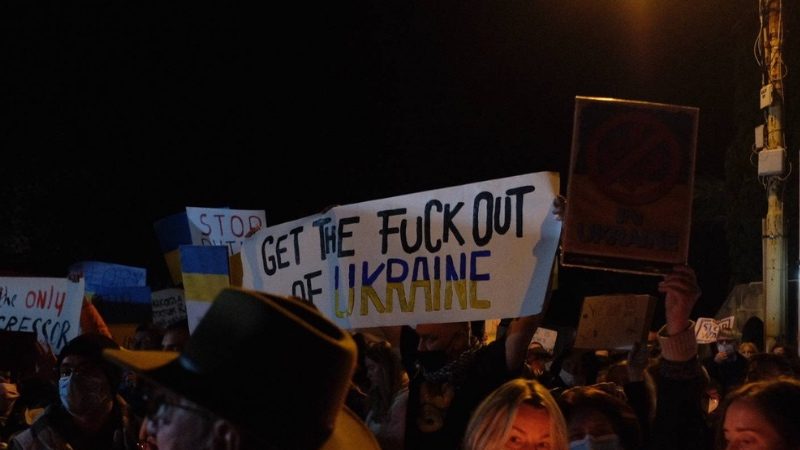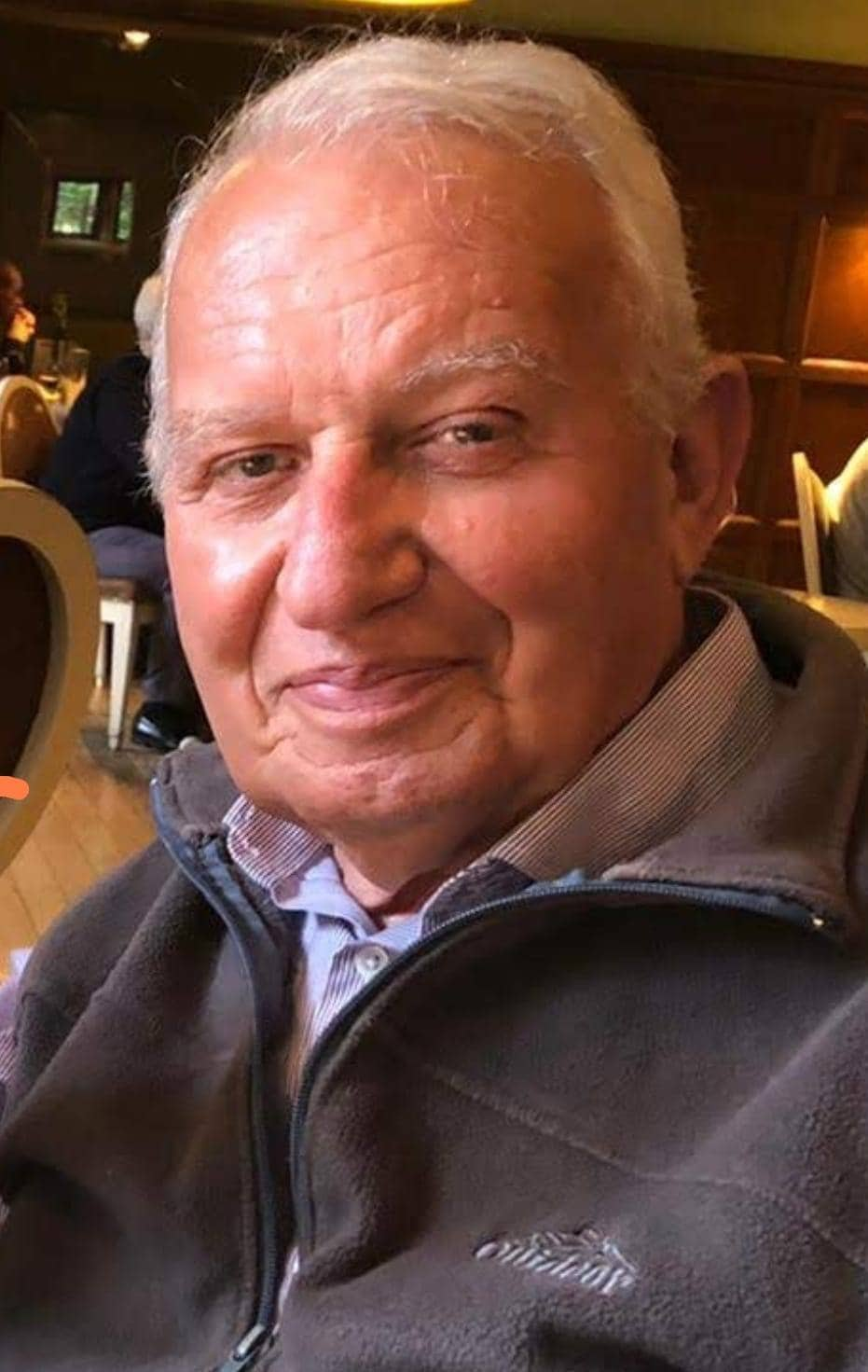The terrible situation playing out in Europe is not a war between Russia and Ukraine. It is an invasion by Russian forces of an independent nation, an aggressive act with no possible justification.
This invasion makes no distinction between military and civilian targets. Unarmed civilians, including children and the elderly, have been targeted and killed.
The first week of the invasion has not brought the overwhelming victory that the Russians seem to have expected.
Instead, we’ve watched the people of Ukraine mobilise to defend their country, including citizens in Russian speaking areas such as Kharkov. Hundreds of thousands of others have found refuge in neighbouring Poland and Romania.
Before the attack, Ukraine was divided between those who supported Kyiv and those who opposed it, and those who speak Ukrainian and those who speak Russian, but all are now united in opposing the Russian invasion.
The United States and the European Union have responded with a wide range of sanctions against Russia. These sanctions broke new ground, as neutral Switzerland joined such actions for the first time, and Germany removed its ban on the exports of arms to conflict zones.
The latest news indicates that the defenders are holding their own. Given the size of the Russian forces massed against them, it seems inevitable that a big city will eventually surrender. But so far Russian President Vladimir Putin does not seem to have obtained the immediate victory he wanted. The more Putin encounters resistance, the more he will be pushed to fight with heavier weapons — hopefully not tactical nuclear weapons.
Meanwhile, the rouble has collapsed, and Russia has been isolated from the world of finance with the severing of Swift connection between banks.
There will come a point where Russia as a whole will be forced to count the cost of this adventure. What happens at that juncture is unknown.
What we do know is that this assault has brought together countries which until yesterday were arguing over a wide variety of issues. Even Britain is now closer to the EU than it has been in years, and there doesn’t seem to have been any major disagreements among them.
Here in Malta, the Russian invasion of Ukraine has surprised a country in the throes of an election campaign, and attention has struggled to focus on this new issue.
The shock of the invasion threatens the feel-good factor the government is trying to spread across the country in the wake of the Covid epidemic and widespread allegations of corruption.
Their attempt to promote a positive narrative is understandable. What isn’t is to avoid real expressions of solidarity with Ukraine for fear it might undermine areas of economic interest that suddenly appear to be unshakable, such as the granting of citizenship to Russian oligarchs, and removing or undermining the ban on Russian planes.
Malta has experienced close attention from Russia since before the Tsar was chosen as the successor to Grand Master Hompesch, who surrendered these islands to Napoleon.
But Malta is no longer a small island fighting to survive on its own. We are a member of a Union based on solidarity among Member States. And today that solidarity is focused on Ukraine, the victim of Russian might. Departure from this is inexcusable.













